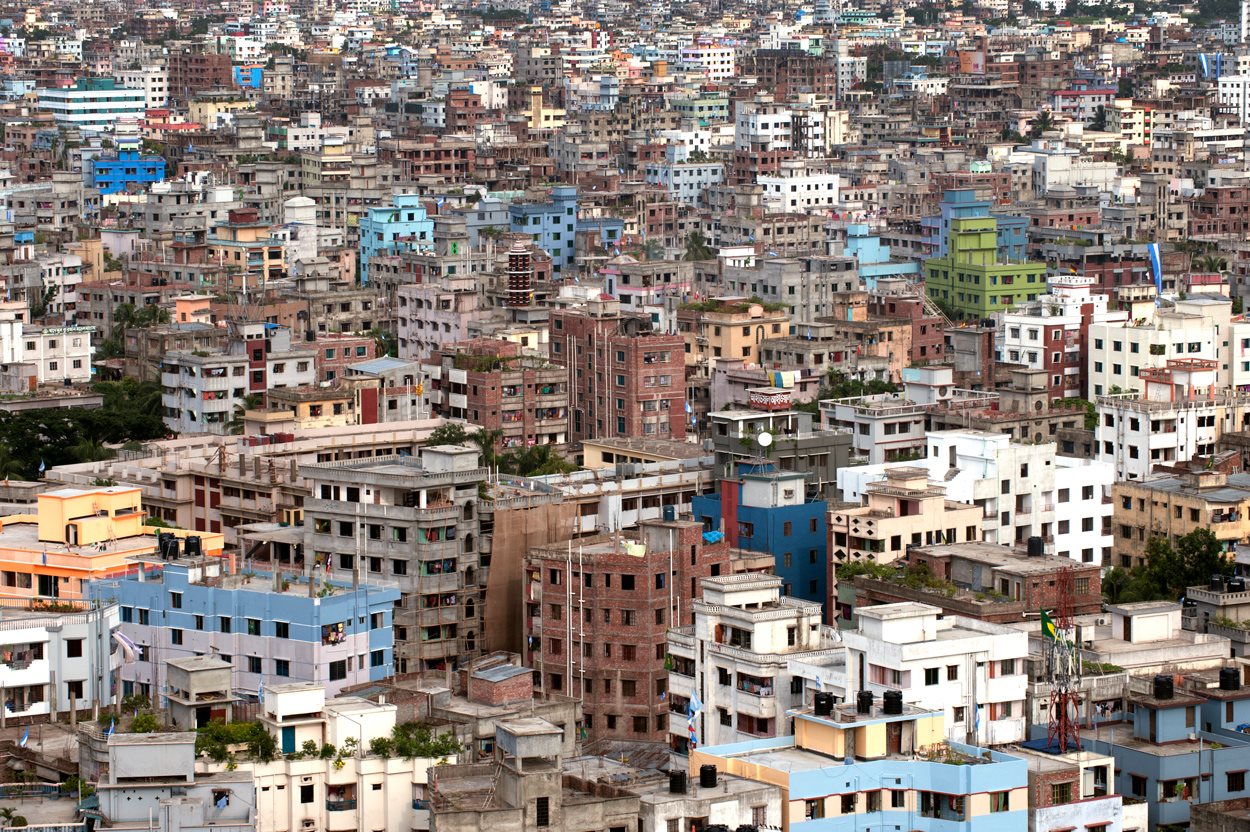The Challenge
Urbanization has become one of the most pressing development challenges of the 21st century.
As it could be one of the biggest drivers of economic growth, it can also become a driver of inequality and marginalization. The importance of this challenge is explicitly recognized in the Addis Ababa Agenda on Finance for Development, in the Sustainable Development Goals as well as in the New Urban Agenda recently approved in Quito.
While only about one-tenth of the world's largest urban areas are in Least Developed Countries (LDC), thirty of the thirty-five most rapidly growing cities are in LDCs. Urban growth is not limited to capital cities, but is having a profound impact on secondary cities and towns as well. Almost half of the world’s urban dwellers reside in settlements of less than 500,000 inhabitants. The future development of the LDCs, and their ability to meet the SDGs, now depends significantly on how well urbanization is managed in LDC cities and towns.
How are we helping?
The Municipal Investment Financing (MIF) Programme outcome is to increase the capacity of local and regional non-sovereign entities to address key urbanization challenges through access to sustainable sources of capital financing. In order to achieve this outcome, the MIF Program implements through its global Initiatives which are country programs, Blue Peace Financing Initiative, International Municipal Investment Fund, and a Technical Assistance Facility.
MIF aims to leverage the resources of non-sovereign government entities to mobilize public and private capital investment, while transitioning regional and local government finances from traditional pure grant funding to a broadened mix of financial sources, in order to address local challenges. This can be achieved by:
- Help local governments broaden their tax revenue base.
- Build capacity in the preparation of long-term local and regional capital investment plans.
- Utilizing domestic private sector capital that would otherwise remain dormant and not be directed to municipal investments. MIF and UNCDF’s involvement will support the technical capacity on the demand side enabling a crowding-in effect to catalyze risk adverse investors.
- Help selected local governments and regional organizations to get credit rated.
- Channelling funds towards investments to provide capital to support priority investment needs to a growing urban population.
- Propose new innovative financial instruments that could expand the options in accessing capital finance for local and regional non-sovereign entities, specifically Local Governments and Regional Organizations.
UNCDF is working in 4 countries (Cameroon, Madagascar, Mali, Niger), in partnership with RIAFCO, FMDV and PPIAF, to identify the most effective ways to sustain and diversify local government financing institutions (LGFIs) financial resources in order to reinforce and to support local authorities and to bolster their own financial resources.
What we will do next?
After starting in Bangladesh, the MIF programme is expanding geographically in Africa as well. We are also building partnerships with strategic stakeholders at the country, regional, and global level to exchange experience and lessons learned and multiply our respective impacts at various geographical scales.

